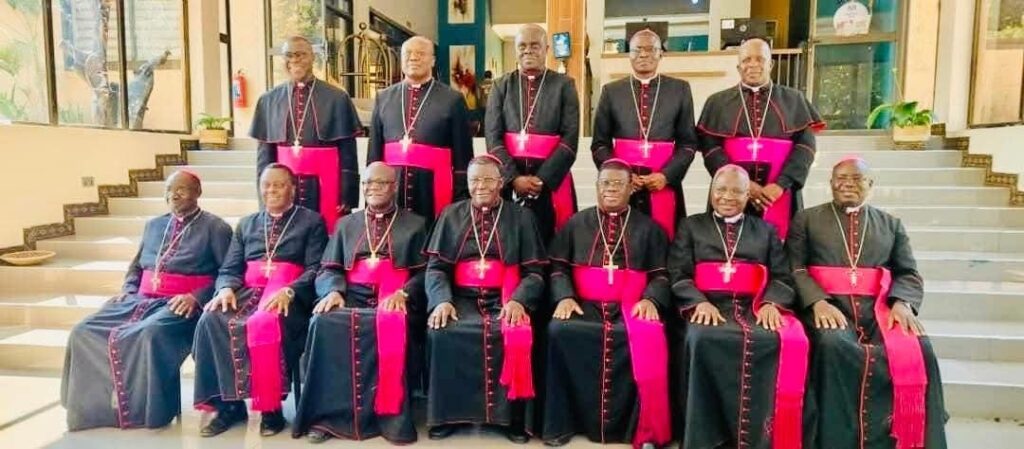ZCCB Raises Concern Over Mining Pollution and Environmental Destruction
The Zambia Conference of Catholic Bishops (ZCCB) has voiced deep alarm over escalating environmental degradation and pollution linked to mining activities, accusing both the government and mining firms of gross negligence that endangers lives and threatens the wellbeing of future generations.
In a strongly worded pastoral statement released in Lusaka, the bishops condemned what they described as the government’s “casual approach” to issues they labelled as matters of life and death. They criticised the lack of enforcement of environmental laws and the failure to hold polluters accountable.
“Negligence, revealed particularly in oversight, enforcement, and accountability, is a moral failing that directly contradicts our Christian duty to be stewards of God’s creation and to care for our neighbour, especially the most vulnerable,” the statement read.
The intervention follows a recent toxic spill into the Kafue River, which the bishops warned poses a “grave danger to public health and the environment – an unseen peril even to generations to come.”
While mining remains the backbone of Zambia’s economy, the ZCCB lamented that communities in mining regions, particularly on the Copperbelt, have long endured the consequences of unchecked pollution.
Citing examples such as the protracted lead poisoning crisis in Kabwe, the contamination of the Mushishima River, and the degradation of farmland around Chingola, the bishops highlighted what they termed “environmental injustice”. They said this injustice is often compounded by mining companies offering “paltry and meagre compensation” for irreversible damage.
The bishops also raised concern over the ongoing gold rush in rural areas such as Mpika, Rufunsa, Mumbwa, Kasempa, and Mufumbwe. They warned that inadequate regulation has led to unsafe artisanal mining, exposing young Zambians to life-threatening conditions including mercury poisoning and mine collapses.
They urged the government to tighten environmental regulations, compel mining firms to rehabilitate damaged ecosystems, and establish safe, regulated opportunities for Zambians, particularly the youth, to benefit from the country’s natural resources.
“No community should be sacrificed for profit,” the bishops declared. “True development must respect the dignity of every person, safeguard the environment, and promote the common good.”
The ZCCB reaffirmed its commitment to justice, accountability, and solidarity with affected communities. It also called on all citizens to act responsibly and to play an active role in protecting the environment, stating that the stewardship of creation is a shared moral obligation.



